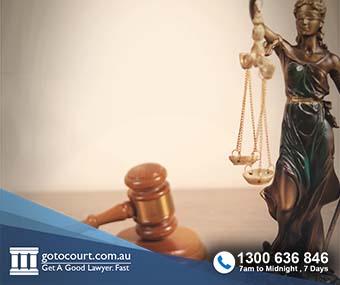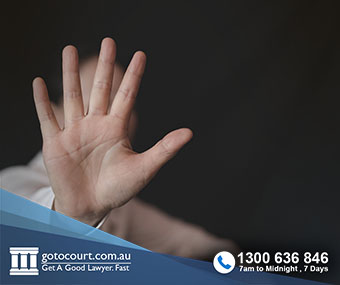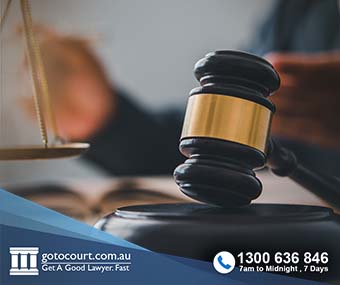Defended Hearings (NSW)
When an adult in New South Wales is charged with summary offences, the matter will be finalised in the Local Court. If the accused pleads guilty, they will proceed to be sentenced by a magistrate. If they plead not guilty, the matter will be adjourned for a defended hearing. Defended hearings are trials in front of a magistrate who hears evidence and submissions and then makes a decision as to whether the offence has been proven beyond a reasonable doubt.
When a person is charged with indictable offences, they must go through a different process. Indictable offences are finalised in the District Court or Supreme Court.
The rules governing defended hearings are contained in the Criminal Procedure Act 1986 and the Evidence Act 1995.
Pleading not guilty
When an accused wants to contest charges in the Local Court, they must first formally enter a plea of not guilty. A person may plead not guilty because they have a legal defence to a charge (for example, they were acting in self-defence) or a factual defence (such as mistaken identity). A person may also plead guilty simply to ‘put the prosecution to proof’. This means the prosecution must establish beyond a reasonable doubt that the accused committed the offence.
Bail or remand
When a matter is adjourned for a defended hearing, the accused will generally either be placed on bail until the hearing date or remanded in custody. When an accused is placed on bail, they must attend court on the date they are bailed to. Failure to appear will generally result in a warrant for their arrest being issued.
If the matter is very minor, the accused may not be placed on bail but simply summonsed to appear at court on the hearing date.
Brief of evidence
The prosecution will provide the accused or their lawyer with a brief of evidence. This is a copy of all the evidence the prosecution seeks to rely on. It may include witness statements, police interviews, CCTV footage and expert evidence such as DNA analysis. It is important for the defendant to review the brief of evidence closely when preparing their case.
The brief of evidence may raise issues of the admissibility of particular items of evidence. For example, if the police interview was conducted without the accused being informed of their right to refuse to answer questions, it may be possible to have it excluded form evidence.
If the defence wants to have evidence excluded from the hearing, it may be able to achieve this through negotiations with prosecution. If this is unsuccessful, it will be necessary to proceed to a voir dire prior to the hearing.
Preliminary conferences
If the accused has a lawyer, the court may order that the defence and prosecution hold a preliminary conference to see if they can come to an agreement about the evidence to be admitted in the hearing.
The defended hearing
At defended hearings, both prosecution and defence may call evidence. The prosecution generally calls police witnesses first, followed by the alleged victim, followed by any other witnesses.
Both parties will have the opportunity to cross-examine the other party’s witnesses. Parties may cross-examine witnesses in any way they see fit, so long as the questioning does not contravene the Evidence Act.
It is up to the defendant to decide whether he or she wishes to give evidence.
After both parties have closed their case, the court will hear submissions from prosecution and defence. This generally includes a summary of the evidence that has been heard and some legal argument.
The magistrate will then deliver their decision. This may occur on the spot or, if it is a complex matter, the court may adjourn until a later date so that the magistrate can consider the decision and provide written reasons.
Defended hearings are generally conducted in open court, meaning that members of the public, including media, may be present.
Appeals
If either the defence or the prosecution thinks that a magistrate’s decision is unfair or that they have made an error of law, they can file an appeal to the District Court. An appeal can be against the verdict, the sentence, or both. If a party wishes to lodge an appeal, it must do so within 28 days of the date of the decision.
If you require legal advice or representation in a criminal law matter or in any other legal matter, please contact Go To Court Lawyers.






